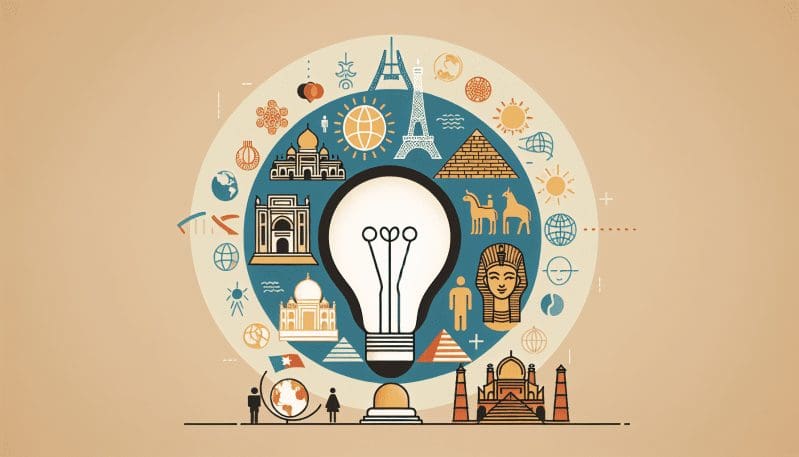In today’s globalized workforce, cultural intelligence plays a crucial role in fostering collaboration, innovation, and success. Cultural intelligence, also known as cultural quotient (CQ), refers to an individual’s ability to understand, adapt to, and work effectively with people from different cultural backgrounds. This skill has become increasingly important as companies expand their operations globally and work with diverse teams and clients.
Cultural intelligence involves several dimensions, including knowledge of different cultures, empathy, mindfulness, and the ability to adapt and communicate effectively in cross-cultural settings. It goes beyond mere cultural awareness or tolerance and requires individuals to actively seek to understand and bridge cultural differences.
Developing cultural intelligence is essential for individuals and organizations to thrive in today’s globalized marketplace. It enables individuals to navigate cultural differences, avoid misunderstandings, and build strong relationships with colleagues, clients, and partners from diverse backgrounds. Moreover, it fosters a culture of inclusivity, where everyone’s perspectives and contributions are valued and respected.
There are various ways individuals and organizations can develop cultural intelligence. Here are a few strategies:
1. Education and Training: Providing employees with cultural diversity training programs, workshops, and resources can enhance their understanding of different cultures and develop their cultural intelligence. These programs can cover topics such as communication styles, values, etiquette, and negotiation practices in different cultures.
2. Immersion and Exposure: Encouraging employees to engage in cross-cultural experiences, such as international assignments, study abroad programs, or virtual collaborations with teams from different countries, can greatly enhance their cultural intelligence. Immersion allows individuals to experience firsthand the customs, traditions, and values of different cultures.
3. Building Diverse Teams: Creating diverse teams with members from different cultural backgrounds can enhance collaboration and innovation. When people from different cultures work together, they bring unique perspectives, ideas, and problem-solving approaches to the table. This diversity of thought can lead to better decision-making and creative solutions.
4. Foster an Inclusive Culture: Organizations need to cultivate an inclusive culture that appreciates and celebrates diversity. This can be achieved by promoting open communication, creating platforms for sharing diverse perspectives, and implementing policies and practices that support diversity and inclusion.
Several companies have successfully integrated cultural intelligence into their business strategies. One notable example is Google. Google has a strong focus on diversity and inclusion and provides extensive cultural diversity training to its employees. The company also actively seeks to hire employees from diverse cultural backgrounds, recognizing the value of diverse perspectives in driving innovation and creativity.
Another example is The Coca-Cola Company. Coca-Cola has a diverse workforce spread across more than 200 countries. The company places a strong emphasis on cultural intelligence and provides its employees with training programs to enhance their understanding of different cultures. Coca-Cola also tailors its marketing campaigns to appeal to local cultural preferences, effectively connecting with customers from diverse backgrounds.
In conclusion, cultural intelligence is a critical skill for individuals and organizations in today’s globalized workforce. By developing cultural intelligence, individuals can effectively navigate cultural differences, foster collaboration, and drive innovation. Organizations that prioritize cultural intelligence create inclusive cultures where diversity is valued and leveraged for success.


























